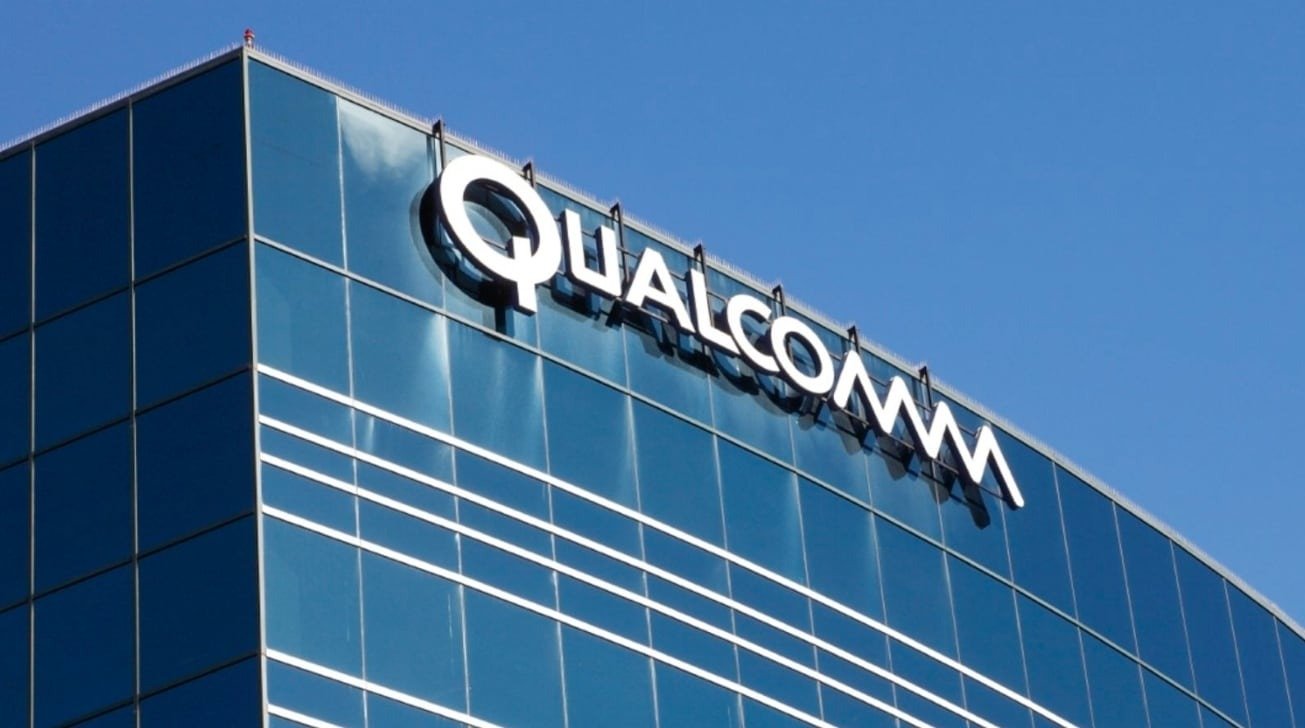The U.S. Federal Trade Commission on Monday said it will abandon its long-running antitrust lawsuit against Qualcomm and has no plans to seek a Supreme Court review of a federal appeals court ruling in favor of the chipmaker.
The decision not to move forward with the case caps off a four-year saga in which the federal government sought to prove that Qualcomm abused its dominant position in the chipmaking industry to extract exorbitant licensing fees from cellphone manufacturers.
As reported by Bloomberg, FTC Acting Chairwoman Rebecca Kelly Slaughter in a statement said she agreed with an initial trial court ruling that found Qualcomm unlawfully suppressed competition, but claims the FTC faces "significant headwinds" to overturn a subsequent appeal.
"The FTC's staff did an exceptional job presenting the case, and I continue to believe that the district court's conclusion that Qualcomm violated the antitrust laws was entirely correct and that the court of appeals erred in concluding otherwise," Slaughter said. "Now more than ever, the FTC and other law enforcement agencies need to boldly enforce the antitrust laws to guard against abusive behavior by dominant firms, including in high-technology markets and those that involve intellectual property."
Charges were first leveled in 2017 when the FTC accused Qualcomm of foisting unfair wireless chip licensing provisions on Apple. Judge Lucy Koh subsequently found Qualcomm in violation of antitrust law in 2019. The jurist attached a number of remedial actions to her ruling including a restructuring of licensing agreements and a modification of the company's stance on licensing terms.
Qualcomm successfully appealed Koh's decision last August, arguing that its licensing strategy drove acceleration and improvement within the smartphone modem industry and was therefore beneficial to the market.
Apple was among the companies allegedly impacted by Qualcomm's actions, and in testimony called the chipmaker's demands "onerous."
The tech giant was also embroiled in litigation against the chipmaker over similar issues, though the sprawling court battle between the two companies was ultimately settled in 2019. As part of the deal, Apple paid Qualcomm between $4.5 billion and $4.7 billion, and entered into a six-year chip licensing agreement for iPhone and iPad modems.
Stay on top of all Apple news right from your HomePod. Say, "Hey, Siri, play AppleInsider," and you'll get latest AppleInsider Podcast. Or ask your HomePod mini for "AppleInsider Daily" instead and you'll hear a fast update direct from our news team. And, if you're interested in Apple-centric home automation, say "Hey, Siri, play HomeKit Insider," and you'll be listening to our newest specialized podcast in moments.
 Mikey Campbell
Mikey Campbell







-m.jpg)






 Christine McKee
Christine McKee
 Marko Zivkovic
Marko Zivkovic
 Mike Wuerthele
Mike Wuerthele

 Amber Neely
Amber Neely
 Sponsored Content
Sponsored Content
 Wesley Hilliard
Wesley Hilliard










11 Comments
Boy talk about dropping the ball!
To this day I believe QC abused its position and violated FRAND rules. QC's management are probably cracking a bottle of champagne right now and giving everything the middle-finger knowing it dodged a massive bullet.
I'm glad to see that the head of the FTC isn't taking this farcical Appeals Court ruling lying down. I think she made it very clear that she is just going to wait for Qualcomm to do ANYTHING that smacks of monopoly abuse or anti-competitive actions, and the FTC will pounce once again. The terms of Apple's settlement with Qualcomm has never been released in detail, as far as I'm aware, but I suspect Qualcomm caved on a lot of its usual business practices in order to gain a settlement, which it seems to me is the sole reason the Appeals Court ruled the way it did -- without Apple, the case was largely moot.